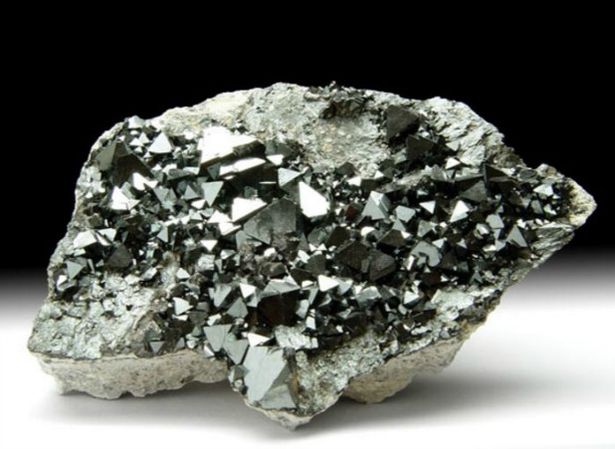Buying and Exporting Raw Tin from Rwanda – A Step by Step Guide
Buying and Exporting Raw Tin from Rwanda – A Step by Step Guide
Raw tin is an essential material in the production of other metals. It’s an inexpensive and accessible raw material that can be used in a variety of applications and industries. If you are interested in purchasing or exporting raw tin from Rwanda, this guide will give you everything you need to know about the process. In this blog post, we’ll cover everything you need to know about buying and exporting raw tin from Rwanda. You’ll find useful information such as how much arable land is available for growing cassava, the potential yields per hectare, which crops are most profitable, which crops have the highest potential, and how many farmers are growing cassava at this time among other things.
What is Raw Tin?
Tin is one of the most common elements found in the Earth’s crust. It is found in ore and is usually extracted from sea water or from land-based deposits. One of the main uses for tin is in the production of tinplate, which is used to make containers for food and beverages. Tin is also used in steel production, as a coating in paper, as a solder, and in many other industries. If you are interested in buying raw tin in Rwanda, you need to know that the product you will receive will be in the form of granulated crude tin (Sn 99.7%). You’ll also need to know that you can only buy raw tin from Rwanda in the form of ferroniobium.
Buying Raw Tin in Rwanda
If you are interested in buying raw tin in Rwanda, you will need to decide on the quantity of product you want to purchase. There are no minimum or maximum purchase quantities. Before you commit to buying a certain quantity of raw tin, you should also decide on the payment terms. You can choose to pay for it either in cash or with a letter of Credit. Once you’ve agreed on the purchase and payment details, you will need to find an importer in Rwanda who can act as your supplier for this raw material. The importer will then be able to provide you with a Bill of Lading (BL). This is a document that will contain details about your shipment.
Exporting Raw Tin from Rwanda
If you are an exporter of raw materials, you will need to find a buyer for your product before you export it. You will also need to find a freight Forwarder to help you transport the raw materials to their final destination. Once you’ve found a buyer, it’s very important to agree on the terms and conditions at the beginning of your business relationship. One of the most important things to discuss is the payment terms. You will also need to decide on the best shipping route. Because raw materials such as raw tin are sensitive to high temperatures, you should avoid long sea voyages as much as possible. Once you’ve agreed on the purchase details, you need to obtain the necessary tax and import/export documents. This will ensure that your shipment can leave Rwanda and enter the destination country smoothly.
Taxes and Duties When Exporting Raw Materials from Rwanda
It’s important to note that if you’re a company that imports and exports raw materials from Rwanda, you are liable for the taxes and duties associated with these shipments. The importer of record is responsible for paying these taxes and duties. If you are exporting raw materials from Rwanda, you will likely have to pay duties on the importation of these raw materials. And if you are importing raw materials into Rwanda, you will likely have to pay taxes on the export of these products. There are two main taxes that you will be responsible for when exporting raw materials from Rwanda. These are the Import Duty and the Excise Duty.
Summing up
If you are interested in buying or exporting raw tin from Rwanda, you need to find out which importers and exporters in the country are currently importing or exporting this product. You can find this information on the Trade Statistics Database of the Rwanda National Bureau of Statistics. You should also find out which ports in Rwanda are used for the export and import of raw materials such as tin. This will ensure that you can easily move your raw materials from the port to your warehouse. If you are an importer, you will likely have to pay for your raw materials in cash. If you are an exporter, you will likely have to accept a letter of credit from the importer. A letter of credit is basically an authorized and confirmed bank account that’s held by the importer.








LEAVE A COMMENT
You must be logged in to post a comment.